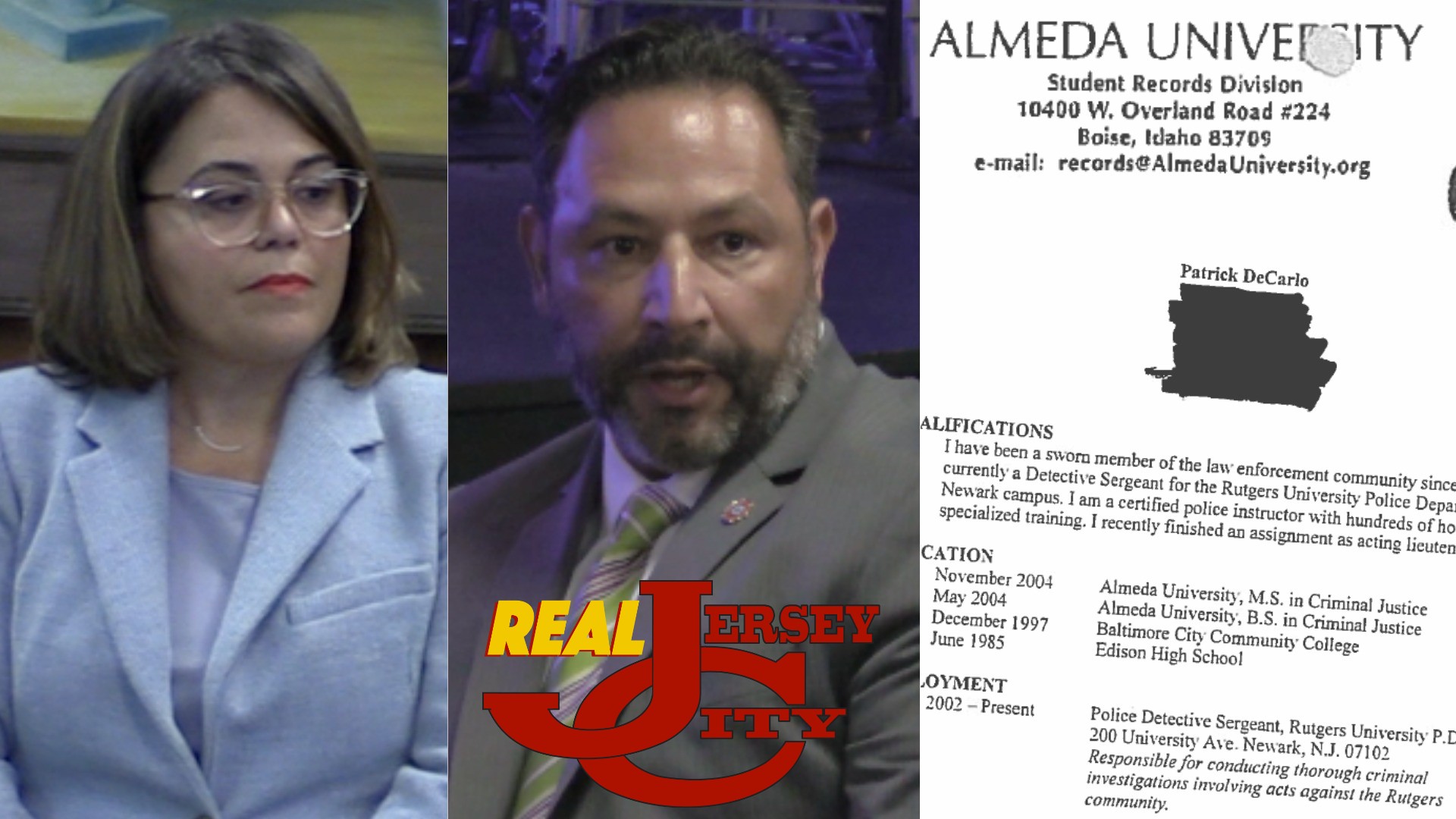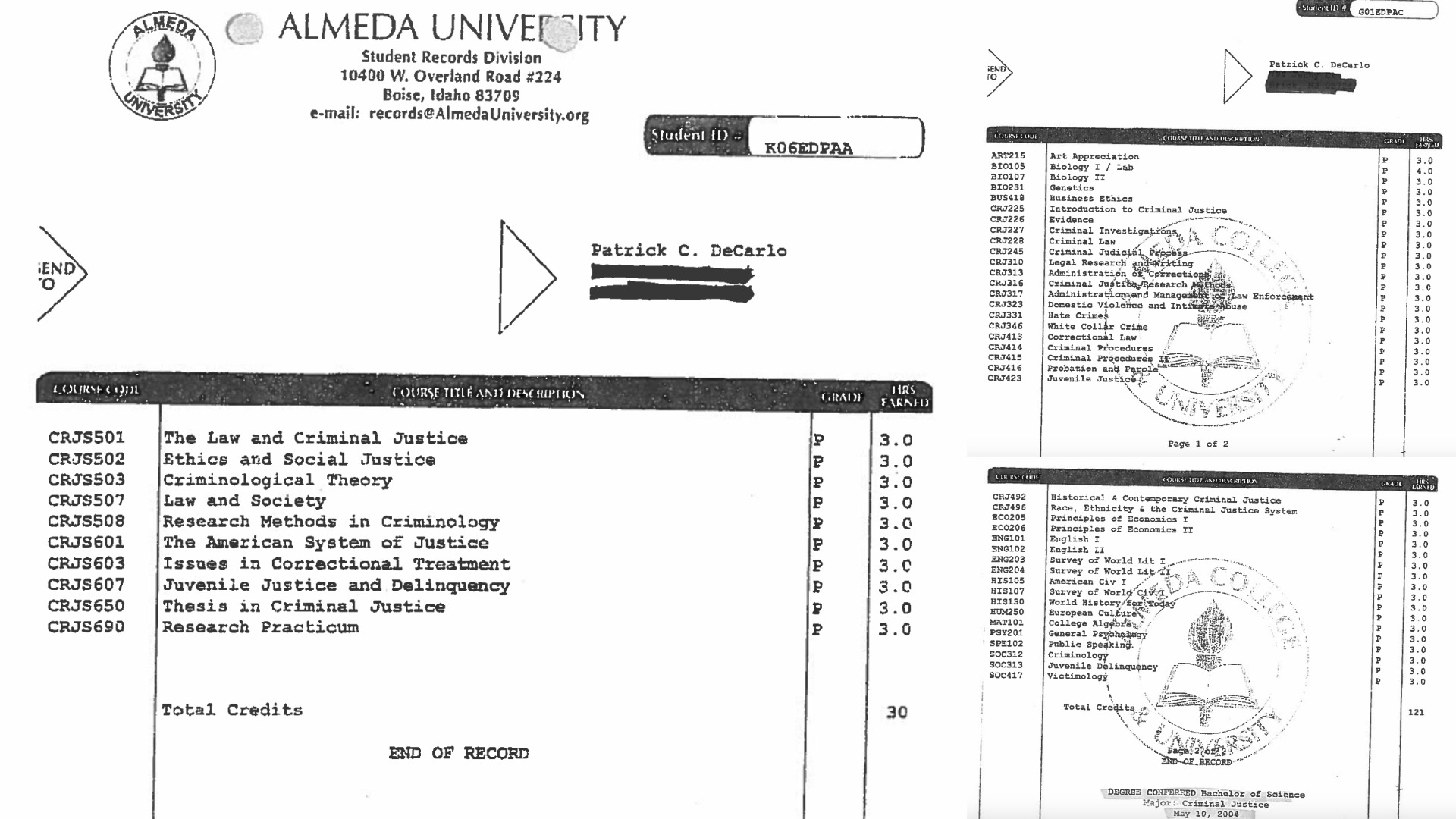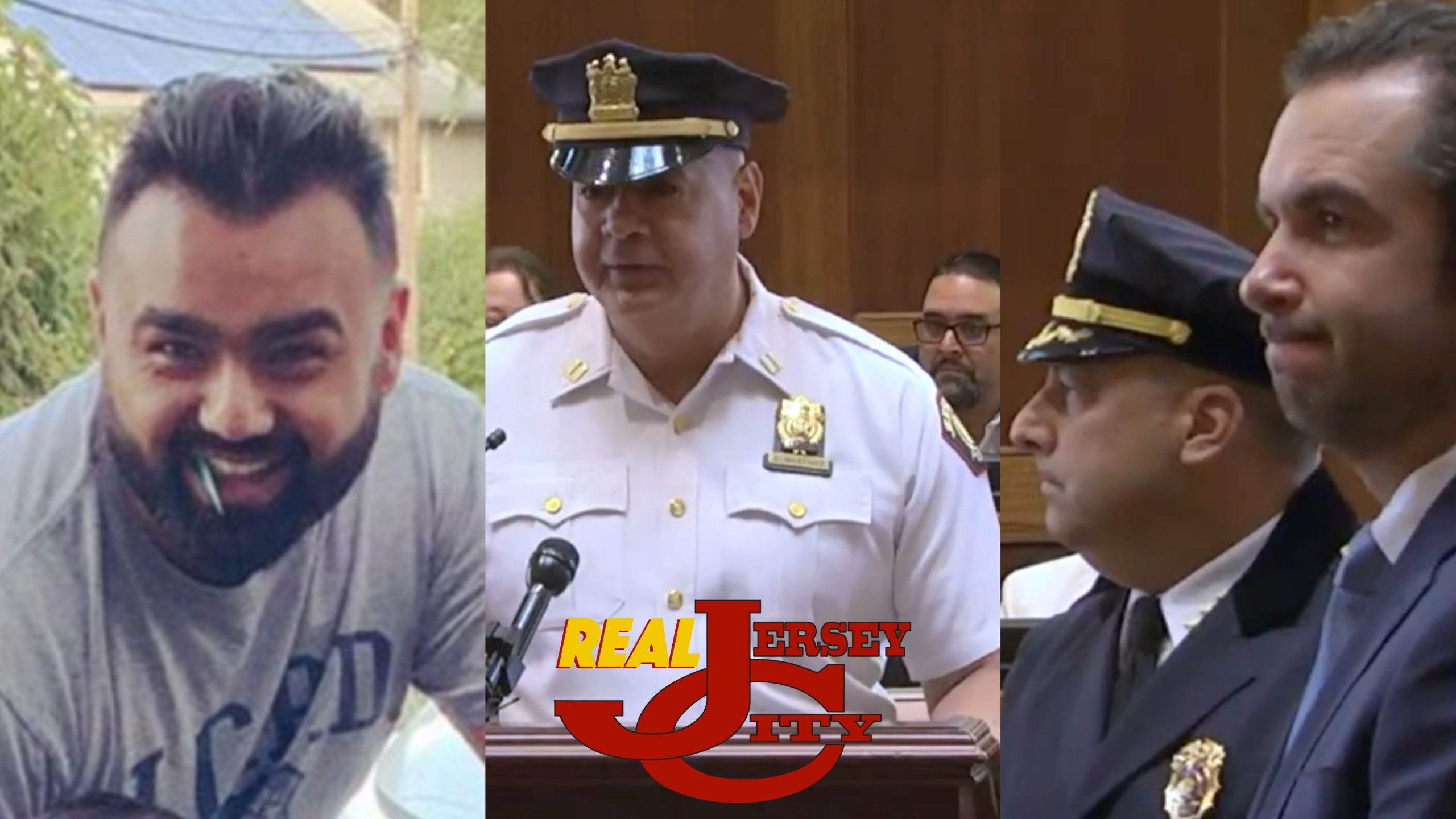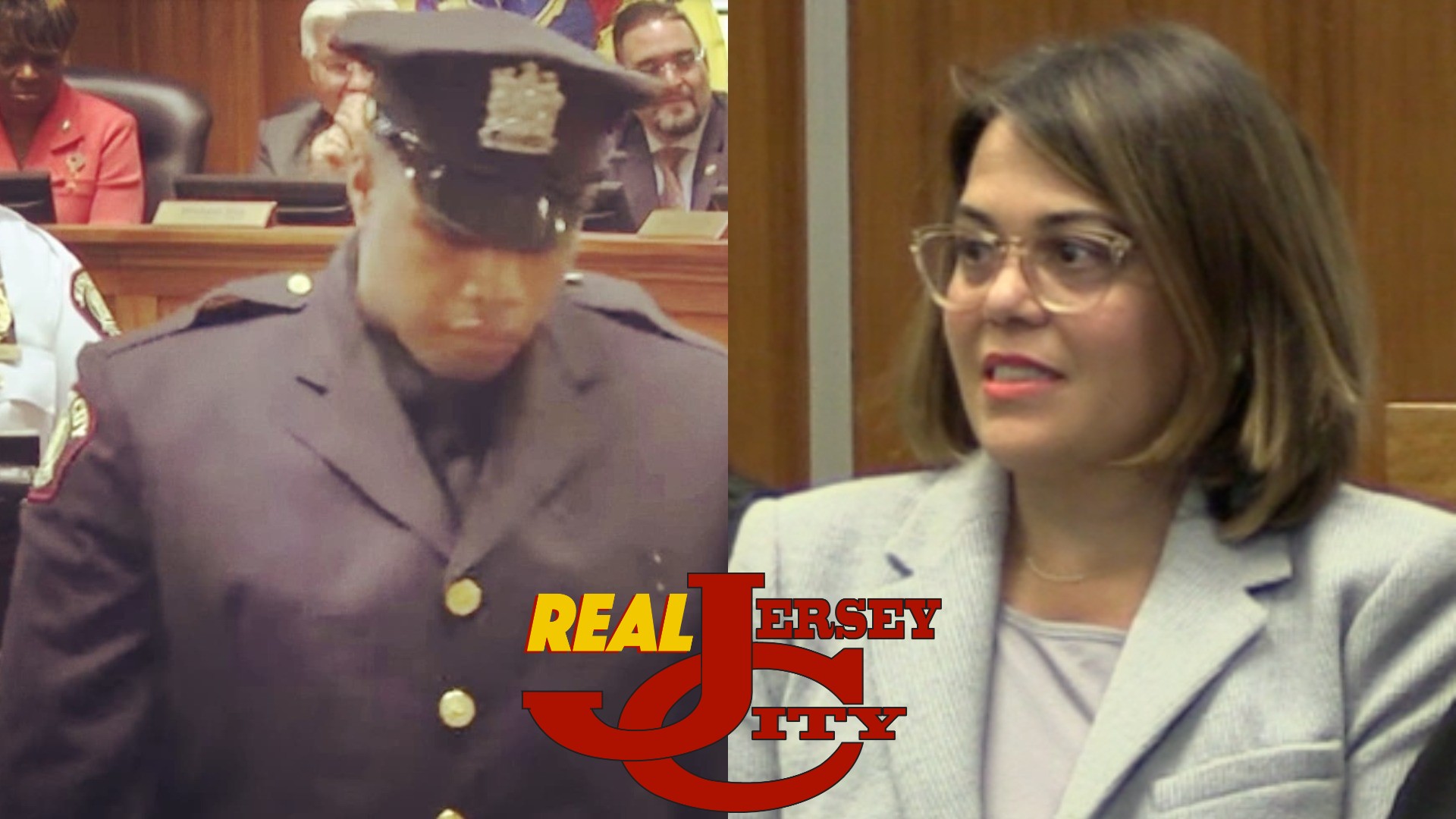HCPO Captain Patrick DeCarlo is being paid for a master’s degree in criminal justice from Almeda University, a non-accredited institution known as a “diploma mill” that has ceased operations.
Hudson County Prosecutor Esther Suarez was recently accused of calling the local press “fake news,” but it’s the prosecutor’s opinion, or lack thereof, regarding “fake diplomas” that should be much more concerning for citizens and taxpayers.
Specifically, Capt. Patrick DeCarlo, who was promoted to that rank by Suarez in August of 2016, was hired by the Hudson County Prosecutor’s Office (HCPO) on May 16, 2005. According to DeCarlo’s resume, obtained via an Open Public Records Act (OPRA) request with the HCPO, he holds a master’s degree and bachelor’s degree in criminal justice from Almeda University.
While that might sound like the type of educational experience citizens would expect from a law enforcement professional, it’s actually cause for concern (and shouldn’t be worth more than the paper DeCarlo’s resume is printed on).
According to the Better Business Bureau (BBB), Almeda University, which has ceased operations, was not accredited by the U.S Department of Education and its listed address – 10400 Overland Rd., # 224, Boise, ID – was actually a private mail box company (not a campus location). Furthermore, according to the Wayback Machine internet archive, Almeda University’s own policies stated:
The applicant understands that Almeda University degrees are not legal for academic or business use in the following states: FL, IL, OR, NJ, ND, WA, and ID. While Almeda is not aware of these states dictating hiring requirements to private businesses, the Almeda degree should not be used in these states for satisfying educational requirements in public sector jobs. Therefore residents of these states should consider the Almeda degree a novelty item only.
Despite Almeda University’s disclosure that their degrees be considered a novelty item in New Jersey, a representative for the Civil Service Commission (CSC) provided a statement to Real Jersey City claiming “there are no state law, regulations or policies/directives regarding law enforcement officers enrolling into these programs and listing the information on their resumes or applications for employment.”
NOTE: The HCPO is a non-civil service agency.
Nevertheless, DeCarlo didn’t just put the “fake diplomas” on his resume – payroll records indicate that he’s earned thousands of dollars in educational stipends from them.
A spokesperson for the HCPO declined to comment on whether Suarez had any opinion regarding DeCarlo’s degrees, nor would they say if the matter would be investigated internally or forwarded to the Office of the New Jersey Attorney General (NJOAG). After initially referring Real Jersey City to the CSC, a spokesperson for the NJOAG declined to answer whether Almeda University degrees are legal for the purpose of a public employee collecting an educational stipend.
That said, there appears to be some precedent regarding law enforcement officers and Almeda University degrees in Florida.
Although they were initially fired for turning in the diploma-mill degrees to obtain educational incentive pay, two Naples, FL, police officers were eventually reinstated and made whole in all respects, according to a Naples Daily News report. Their lawyer successfully argued that neither officer ever misrepresented the nature of their degree, and that at least two department administrators approved them.
As the Naples Daily News report points out, Almeda University offered online degrees for “life experience” that can be purchased. According to DeCarlo’s resume, he worked as a corrections officer in Middlesex County from 1991-95 before leaving for Baltimore, MD, where he worked as a police officer (city police) and narcotics detective (county police) from 1995-2000.
Sometime in 2000, DeCarlo returned to New Jersey and worked for a Middlesex County auto sales business before leaving to become a police detective sergeant with the Rutgers Police Department from 2002 until being hired by the HCPO. Prior to getting the job in Hudson County, the bachelor’s degree was obtained in May 2004, and the master’s degree in November 2004.
As for the “fake news” controversy, according to Jersey Journal reporter Terrence McDonald, Suarez’s office has “all but ignored” him since he wrote a story focused on the prosecutor’s political career in light of the Katie Brennan case. Regardless of whether the coverage was fair or not, the headline – In Hudson County, a prosecutor under fire – accurately highlighted the reporting Suarez was subjected to by NJ.com.
Furthermore, according to Insider NJ, at the height of the drama surrounding the Brennan case, state legislators were considering whether they should use their subpoena power to review “the appropriateness” of Suarez’s actions related to the Brennan case. With Suarez under fire, law enforcement leaders throughout Hudson County circulated statements of support for the embattled prosecutor.
One of those supporters was DeCarlo – identified by Insider NJ as Captain of Detectives for the HCPO and president of PBA local 232a (representing the HCPO’s superior officers).
In retrospect, DeCarlo’s public support might be embarrassing for Suarez, but his testimony in trials that have led to convictions is a much more serious issue. Law enforcement sources discussing the matter off-the-record said it’s possible some attorneys may seek to have cases overturned if DeCarlo testified under oath about holding a B.S. and M.S. in criminal justice during a trial.
Legal ramifications notwithstanding, if Suarez has opinions to offer regarding “fake news,” then the prosecutor should also be able to offer an opinion regarding “fake diplomas.”




